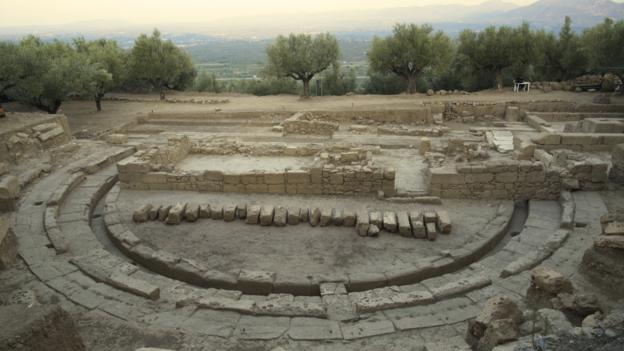When talking about influential cities, or poleis, in Ancient Greece, the ones that usually come to mind are Athens and Sparta. But the regions controlled by those cities may have been just as relevant, too. An example is ancient Thouria – located on the outskirts of what is now the southern city of Kalamata – often referenced as one of the most significant cities of western Messenia, a region under Spartan ruled for roughly 400 years. Now, recent archaeological findings might corroborate that this long-lost city was much more important than once thought.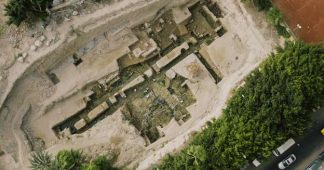
Archaeologist Xeni Arapogianni was leading an excavation in the region in 2007, when the remains of a wall became visible. What lay underneath was much more than she had anticipated: the entire city of ancient Thouria had been hiding there all along. Findings so far have included a temple and an asclepion, an ancient healing centre akin to a hospital, which had not been recorded in any ancient or modern source – a completely new and unexpected discovery at the time.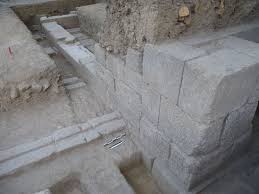
More recently, in 2016, the excavation group found the remains of a theatre made of white limestone, estimated to date to the early Hellenistic period (323 – 31BC). The presence of such a construction in Thouria could indicate the importance of the city, as theatres were practically a mandatory presence in notable poleis across Ancient Greece. The excavation also uncovered part of an orchestra pit and well-preserved stone figurines, as well as a large rectangular stone duct to drain rainwater.
In his 10-book traveller’s account, Description of Greece, Greek geographer Pausanias, who lived in the 2nd Century AD, noted that the old town of Thouria was built on a hill and then moved to a valley. He also mentioned the city could be Anthea, a city featured in Homer’s Iliad. Curiously, Strabo, another Greek geographer and historian from the 1st Century BC, also wrote that Thouria could be a city mentioned in the Iliad – not Anthea, but Aepeia. In the epic 8th-Century BC poem, both cities were given by Agamemnon as atonements to Achilles.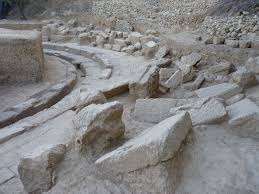
Arapogianni’s studies of the site continue today. Since 2011, university students from all over the world can participate in an excavation programme led by the archaeologist, where they can learn more about the archaeological method and the history of the region and help with pottery cleaning.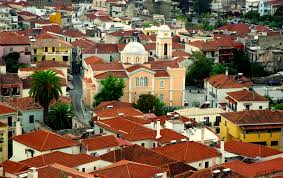
SOURCE: BBC TRAVEL

